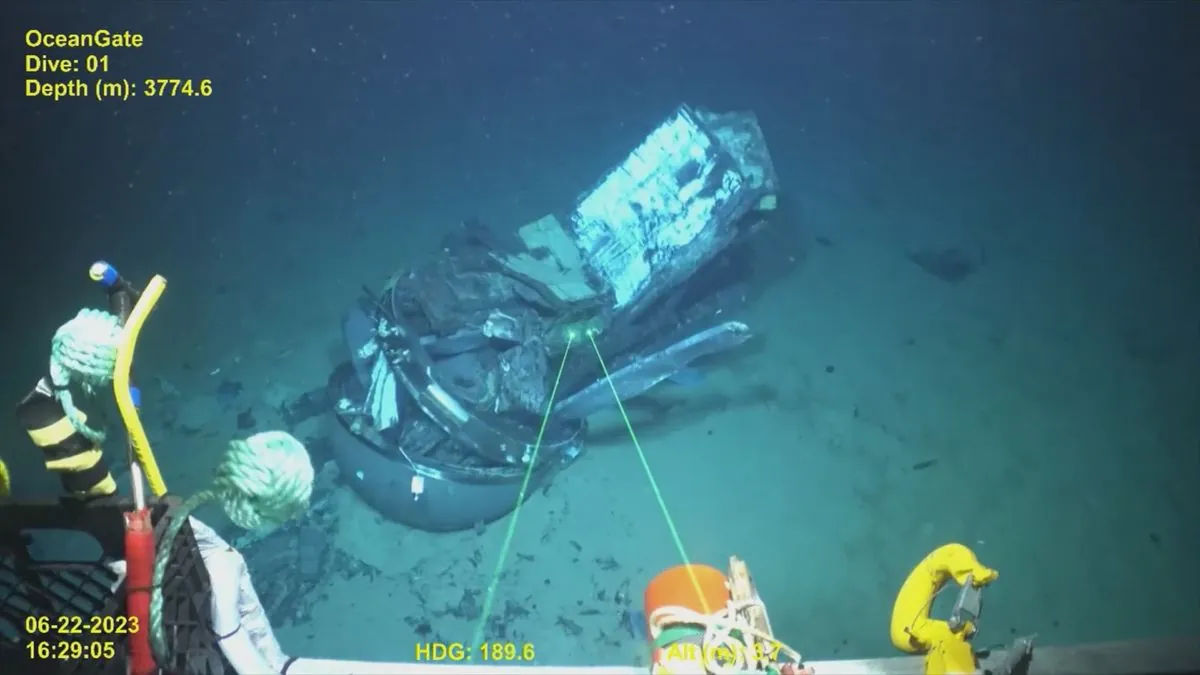The recent hearings in Charleston, South Carolina, have shed light on the tragic fate of the Titan submersible and its five passengers. Testimony from former OceanGate employees has painted a disturbing picture of the company's operations and its late CEO, Stockton Rush.
David Lochridge, OceanGate's former marine operations director, delivered a scathing assessment of the company's practices. He described the Titan as "an abomination of a sub" and stated that Rush consistently prioritized profit over safety. Lochridge's concerns, shared by other former employees, were repeatedly dismissed.
"It was inevitable something was going to happen. It was just a [question of] when."
The hearings revealed that the Titan experienced 118 equipment malfunctions during three dives to the Titanic wreck between 2021 and 2022. This alarming statistic highlights the vessel's unreliability long before its fatal dive in June 2023.
Tony Nissen, OceanGate's former engineering director, testified that he refused to pilot the prototype submersible due to safety concerns. He also mentioned that the vessel was struck by lightning in 2018, causing a crack in the hull that he believed was irreparable.
The use of carbon fiber for the Titan's hull has been a point of contention. While carbon fiber is known for its high strength-to-weight ratio, it is an unconventional choice for deep-sea vessels. At the depth of the Titanic wreck, approximately 12,500 feet (3,800 meters), the pressure reaches a staggering 6,000 pounds per square inch.
Former employees described a company culture that disregarded safety concerns and regulatory standards. Rush was portrayed as impatient and volatile, often dismissing expert advice in favor of his vision. This approach is reminiscent of the hubris that led to the Titanic disaster over a century ago.
The hearings also highlighted the lack of proper engineering support at OceanGate. Lochridge testified that the company relied on inexperienced staff, some of whom hadn't even completed university education, to work on critical components of the submersible.
The Titan disaster has raised important questions about the regulation of deep-sea exploration. As interest in underwater tourism grows, with companies offering expeditions to various sites including the Titanic wreck, the need for stringent safety measures becomes increasingly apparent.
The tragedy of the Titan serves as a stark reminder of the risks involved in deep-sea exploration. It underscores the importance of heeding expert advice, adhering to safety standards, and prioritizing human lives over profit and innovation at any cost.
As the hearings continue, they not only seek to understand the factors that led to this disaster but also aim to prevent similar tragedies in the future. The deep sea remains one of Earth's last frontiers, and its exploration must be conducted with the utmost respect for safety and scientific rigor.
